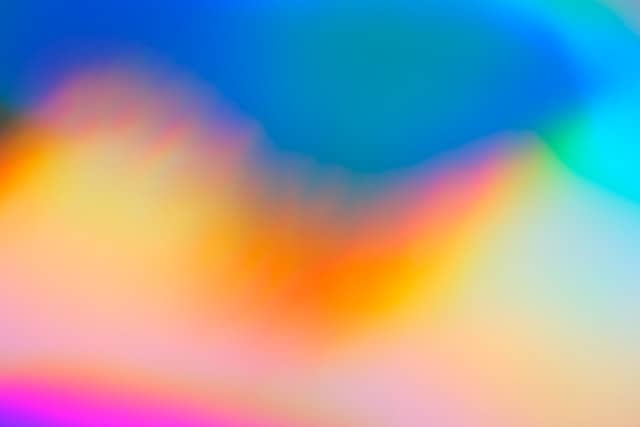Depressed again for no apparent reason?
Do you or someone you know consistently feel depressed as we head into fall and winter? Seasonal Depression, also known as Seasonal Affective Disorder, is a type of depression that recurs for some individuals during the same time each year. SAD usually starts during adulthood and is rare for individuals under the age of twenty-one. The probability of SAD increases with age and Women are more impacted than men (CAMH, 2022).
Counsellor New Westminster, BC
Do you want to enhance personal and spiritual growth, increase personal effectiveness, improve interpersonal relations, strengthen coping styles and adjust to life transitions? The change begins here.
Keith Norris, RTC, MTC is a Counsellor in New Westminster, BC specializing in Therapy for Depression and Anxiety and Couples Counselling. He maintains a Client Centered method to his therapy but will combine other systems to custom fit each Client’s needs.

So far, the precise cause of seasonal affective disorder remains unknown. Research suggests that SAD is caused by decreased exposure to sunlight. It is thought that shorter days and less daylight may trigger a chemical change in the brain involving melatonin and or serotonin. Subsequently, these chemical changes lead to symptoms of depression.
The list of signs and symptoms of SAD is the same as the list for major depression. However, with SAD, these signs and symptoms appear and disappear at about the same time each year.
Symptoms are present most of the day, for up to two weeks, and include:
- Increased sleep and daytime drowsiness
- Loss of interest and pleasure in activities formerly enjoyed
- Social withdrawal and increased sensitivity to rejection
- Irritability and anxiety
- Feelings of guilt and hopelessness
- Fatigue, or low energy level
- Decreased libido
- Decreased ability to focus or concentrate
- Brain fog
- Increased appetite, especially for sweets and carbohydrates
- Weight gain
To follow are some simple and effective suggestions for managing symptoms of SAD. If you are feeling that your symptoms cannot be managed, or if you are feeling especially overwhelmed, then seek help from a qualified medical professional.

Some remedies can be simple and effective such as light therapy which is the primary treatment for SAD. This can be achieved by exposure to sunlight and daylight. By spending time outside or near a window can help relieve symptoms. Hubberman, (20220 Suggests: “Get your sleep & daytime energy and mood right: Get sunlight in your eyes as early in your day as possible. Especially on cloudy days. Extra time outside if you wake up late. Sunglasses off if you safely can. Eyeglasses and contacts fine. Lights bright by day, sun-off at night”. If increasing sunlight is not possible, exposure to a special light for a specific amount of time each day may help.
Moreover, set consistent wake and sleep times, which is go to bed at the same time every night, and get up at the same time every morning. Dim the lights and avoid screentime at least an hour before bedtime. Do not have your phone in the same room you sleep in (buy an alarm clock if you must). Consider the bedroom only for sleeping and intimacy. Make your bed every day.
Also, talk to your Counsellor about how you are feeling. They can help guide you in processing negative emotions and disengaging from unhelpful thoughts. Ask them to support you in establishing a self-care program; behaviours that can reduce depressive symptoms – eating healthy, getting exercise, investing in quality social relationships, and avoiding alcohol and other drugs. The above-mentioned simple methods are empirically known to relieve symptoms of depression, whether seasonal or while maintaining good mental health in general.

References
CAMH, (2022). Seasonal Affective Disorder (SAD). [Blogpost]. https://camh.ca/en/health-info/mentalillness-and-addiction-index/seasonal-affective-disorder
Hubberman, A. D. [@hubermanlab]. (2022,11,13). Get your sleep & daytime energy and mood right: Get sunlight in your eyes as early in your day as possible [Twitter Post]. https://twitter.com/hubermanlab/status/1591837967009845248
Unsplash.com



